November 3 stands as one of history’s most eventful days, witnessing the rise and fall of empires, groundbreaking discoveries, and moments that shaped our modern world across centuries of human achievement.

Politics and Government Events on November 3
1903 – Panama Separates from Colombia
With encouragement from the United States, Panama declared independence from Colombian rule on this historic date. The separation occurred amid growing tensions over control of the proposed Panama Canal construction.
American interests played a crucial role in supporting the independence movement. This political transformation would soon enable the United States to complete one of history’s most ambitious engineering projects.
1908 – William Howard Taft Elected President
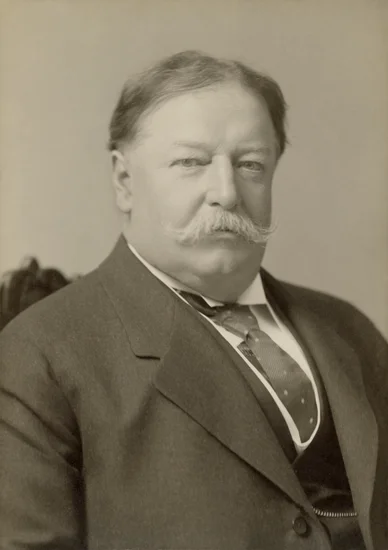
Republican candidate William Howard Taft won the American presidency, defeating Democrat William Jennings Bryan. Taft’s victory continued the progressive Republican policies established by his predecessor Theodore Roosevelt.
The election results reflected growing American confidence in Republican leadership. Taft’s presidency would later face significant challenges as progressive and conservative wings of his party clashed over reform policies.
1936 – Franklin D. Roosevelt Wins Second Term

President Franklin D. Roosevelt secured a decisive victory in the 1936 election, winning against Republican challenger Alf Landon. Roosevelt’s New Deal programs had helped restore American confidence during the Great Depression.
The election demonstrated overwhelming public support for Roosevelt’s economic policies. His victory margin was one of the largest in American presidential history, carrying 46 of 48 states.
1964 – Lyndon Johnson Elected to Full Term
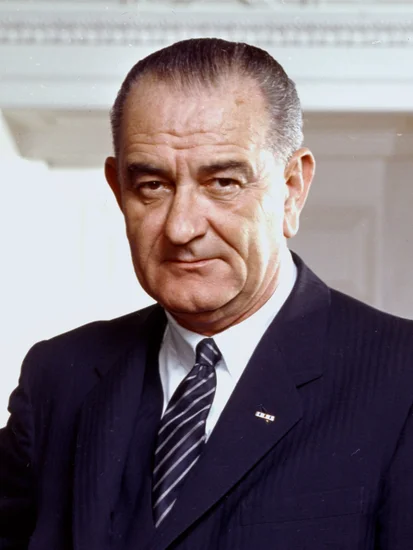
President Lyndon B. Johnson won a decisive victory over Republican challenger Barry Goldwater, capturing 61% of the popular vote. Washington D.C. residents participated in a presidential election for the first time in American history.
Johnson’s victory gave him a powerful mandate to pursue his Great Society domestic agenda. The election also marked a significant shift in American voting patterns, with traditional Democratic strongholds in the South beginning to turn Republican.
1992 – Bill Clinton Defeats George H.W. Bush
Arkansas Governor Bill Clinton won the presidency by defeating incumbent Republican George H.W. Bush and independent candidate Ross Perot. Clinton’s victory ended twelve years of Republican control of the White House.
The three-way race reflected American dissatisfaction with the economy and desire for change. Clinton’s campaign slogan “It’s the economy, stupid” resonated with voters concerned about recession and unemployment.
2020 – Historic Presidential Election Day
The 2020 presidential election took place between Democratic challenger Joe Biden and Republican incumbent Donald Trump. Record voter turnout reflected intense national interest in the closely contested race.
Biden was declared the winner on November 7 after several days of vote counting. The election would later face unprecedented legal challenges and disputes over vote counting procedures.
1961 – U Thant Appointed UN Secretary-General
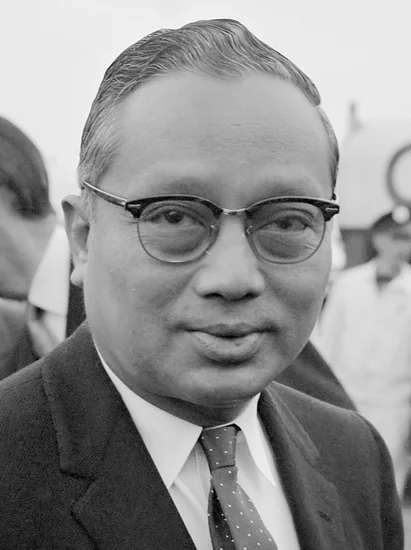
Burmese diplomat U Thant received unanimous appointment as the third Secretary-General of the United Nations. His selection made him the first non-European to hold this prestigious international position.
U Thant’s appointment reflected growing influence of developing nations in global affairs. His diplomatic skills would prove crucial during major Cold War crises including the Cuban Missile Crisis.
1978 – Dominica Gains Independence
The Caribbean island nation of Dominica achieved independence from the United Kingdom on this date. The peaceful transition marked the end of British colonial rule established centuries earlier.
Dominica’s independence coincided with a broader wave of decolonization across the Caribbean region. The new nation faced immediate challenges of building democratic institutions and developing its economy.
Military and Naval History on November 3
1918 – German Revolution Begins
The German Revolution of 1918-19 erupted when 40,000 sailors seized control of the port city of Kiel. The naval mutiny sparked nationwide uprisings that would ultimately topple the German Empire.
Sailors’ demands for democratic reforms and an end to World War I resonated throughout Germany. The revolution would lead to Kaiser Wilhelm II’s abdication and the establishment of the Weimar Republic.
1920 – Russian Army Retreats to Crimea
White Russian forces retreated to the Crimean Peninsula after successful offensives by the Red Army and Revolutionary Insurgent Army of Ukraine. The retreat marked a decisive turning point in the Russian Civil War.
The White Army’s withdrawal effectively ended organized resistance to Bolshevik rule in most of Russia. Thousands of Russian nobles and military officers would soon flee the country as Communist victory became inevitable.
1942 – Koli Point Action Begins
American forces launched the Koli Point action during the critical Guadalcanal Campaign in the Pacific Theater. The operation aimed to eliminate Japanese resistance on the strategic island.
The battle would continue until November 12, testing American resolve in the Pacific. Success at Guadalcanal would mark the beginning of sustained American offensive operations against Japanese positions.
1943 – Massive Air Raid on Wilhelmshaven
Five hundred aircraft from the U.S. 8th Air Force conducted a devastating bombing raid on Wilhelmshaven harbor in Germany. The massive assault targeted crucial German naval installations and shipbuilding facilities.
The raid demonstrated growing American air power in the European theater. German defenses struggled to counter the enormous formations of American bombers attacking strategic targets.
1944 – Slovak Commanders Captured
German forces captured, tortured, and later executed Generals Ján Golian and Rudolf Viest, supreme commanders of the Slovak National Uprising. Their capture marked a tragic end to Slovak resistance efforts.
The generals’ sacrifice became symbols of Slovak resistance against Nazi occupation. Their executions demonstrated the brutal German response to any challenge to their authority in occupied territories.
1967 – Battle of Dak To Begins
American and South Vietnamese forces engaged North Vietnamese Army units in the beginning of the Battle of Dak To. The engagement occurred in the strategically important Central Highlands region.
The battle would test American military tactics against determined North Vietnamese forces. Fighting in the rugged terrain would prove particularly challenging for American troops.
Science and Discovery Milestones on November 3
1957 – Sputnik 2 Launches with Laika
The Soviet Union launched Sputnik 2, carrying the first living creature into Earth orbit—a dog named Laika. This historic mission demonstrated the possibility of supporting life in space.
Laika’s journey provided crucial data about the effects of spaceflight on living organisms. Although the mission was one-way, it paved the way for human spaceflight achievements that would follow.
1974 – Mariner 10 Begins Journey to Mercury
NASA launched the Mariner 10 spacecraft on its historic mission to Mercury, the solar system’s innermost planet. The probe would become the first spacecraft to reach Mercury on March 29, 1974.
The mission promised to reveal secrets of the least-explored planet in our solar system. Mariner 10’s data would revolutionize scientific understanding of Mercury’s composition and characteristics.
1994 – Space Shuttle Atlantis Launches
Space Shuttle Atlantis launched on mission STS-66, continuing America’s ambitious space exploration program. The mission focused on atmospheric research and international cooperation in space.
The successful launch demonstrated the maturity of the shuttle program after years of development. Atlantis would conduct important scientific experiments during its time in orbit.
Cultural and Arts Events on November 3
1911 – Chevrolet Enters Automobile Market
Chevrolet officially launched its automotive operations, entering direct competition with the dominant Ford Model T. The new company promised to offer consumers more choices in automobile design and features.
Chevrolet’s entry marked the beginning of intense competition in the American automobile industry. The company’s success would eventually lead to its incorporation into the General Motors corporation.
2014 – One World Trade Center Opens
One World Trade Center officially opened in New York City, replacing the Twin Towers destroyed in the September 11 attacks. The new building symbolized American resilience and determination to rebuild.
The tower’s completion marked the end of a long reconstruction process at Ground Zero. Its opening represented both remembrance of those lost and hope for the future.
Religious and Social Events on November 3
1929 – Gwangju Student Independence Movement
Korean students in Gwangju organized protests against Japanese colonial rule, sparking the Gwangju Student Independence Movement. The demonstrations spread rapidly throughout Korea despite harsh Japanese suppression.
The movement reflected growing Korean nationalism and resistance to Japanese occupation. Student activists faced severe punishment but their actions inspired continued resistance efforts.
1979 – Greensboro Massacre
Five members of the Communist Workers Party were killed and seven wounded by Klansmen and neo-Nazis during a “Death to the Klan” rally in Greensboro, North Carolina. The violence shocked the nation and highlighted persistent racial tensions.
The massacre occurred in broad daylight despite police presence in the area. The incident exposed ongoing activities of white supremacist groups and their willingness to use deadly violence.
1975 – Bangladeshi Political Leaders Killed
Four prominent Bangladeshi politicians were assassinated in Dhaka Central Jail during a period of political upheaval. The killings reflected the instability plaguing the young nation after its independence.
The murders occurred amid broader political violence and military coups. These events demonstrated the challenges faced by Bangladesh in establishing stable democratic institutions.
Business and Economic Events on November 3
1930 – Getúlio Vargas Takes Power in Brazil
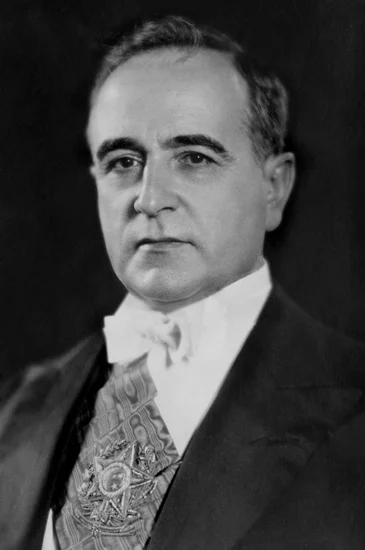
Getúlio Vargas assumed leadership of Brazil’s Provisional Government following a bloodless coup on October 24. His rise to power marked the beginning of a new era in Brazilian politics and economics.
Vargas would implement significant economic reforms and modernization programs. His policies would transform Brazil from a primarily agricultural economy into a more industrialized nation.
1997 – US Imposes Sanctions on Sudan
The United States imposed comprehensive economic sanctions against Sudan in response to human rights violations and support for terrorist organizations. The sanctions targeted various sectors of the Sudanese economy.
The economic penalties reflected growing international concern about Sudan’s policies. The sanctions would remain in place for many years, significantly impacting Sudan’s economic development.
Transportation and Infrastructure on November 3
1960 – Great Swamp Wildlife Refuge Established

Congress established the Great Swamp National Wildlife Refuge after local residents defeated Port Authority plans to build a major regional airport. The legal victory preserved crucial wetland habitat in New Jersey.
The successful campaign demonstrated growing environmental consciousness among American communities. Citizens’ efforts saved thousands of acres of irreplaceable wetland ecosystem from development.
1980 – Fatal Airport Crash in Venezuela
A Latin Carga Convair CV-880 crashed at Simón Bolívar International Airport in Venezuela, killing four people. The accident highlighted ongoing safety concerns in Latin American aviation.
The crash occurred during a period of expansion in regional air travel. Aviation authorities would implement new safety measures following investigation of the accident.
1982 – Salang Tunnel Fire Tragedy

A devastating fire in Afghanistan’s Salang Tunnel killed between 150 and 2,000 people in one of the world’s worst tunnel disasters. The exact death toll remains disputed due to conflicting reports.
The tragedy occurred in the strategic tunnel connecting northern and southern Afghanistan. The fire demonstrated the dangers of inadequate safety systems in major transportation infrastructure.
Sports and Recreation on November 3
1950 – Air India Flight 245 Tragedy
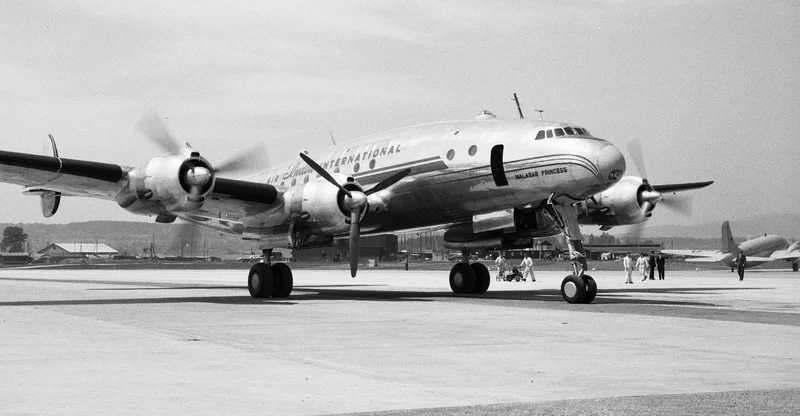
Air India Flight 245 crashed into Mont Blanc while approaching Geneva Airport, killing all 48 people aboard. The accident occurred during challenging weather conditions in the Alps.
The crash highlighted the dangers of flying in mountainous terrain with limited navigation technology. Aviation authorities would implement improved safety protocols for Alpine flights.
1956 – Suez Crisis Violence
Israeli Defense Forces conducted operations in Egyptian-controlled Gaza, resulting in the deaths of 275 Palestinians in Khan Yunis. The violence occurred during the broader Suez Crisis.
The killings intensified international tensions surrounding the Suez Canal dispute. The incident contributed to growing Middle Eastern instability and refugee problems.
1986 – Maldives Coup Attempt
Tamil mercenaries attempted to overthrow the Maldivian government, prompting President Maumoon Abdul Gayoom to request Indian military intervention. Indian forces successfully suppressed the rebellion within 24 hours.
The coup attempt threatened stability in the strategically important Indian Ocean region. India’s rapid response demonstrated its commitment to regional security.
Notable Births on November 3
1901 – André Malraux Born
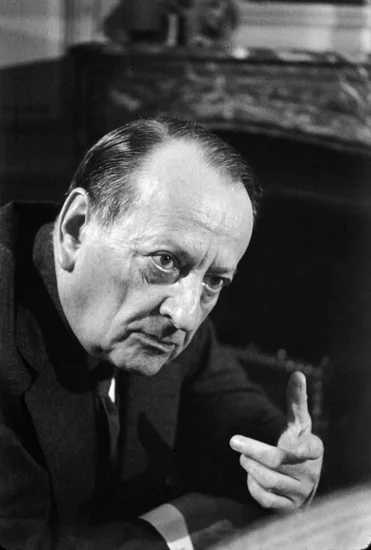
French intellectual André Malraux entered the world, destined to become one of the 20th century’s most influential writers and cultural theorists. His early exposure to literature and philosophy shaped his revolutionary worldview.
Malraux would later serve as France’s first Minister of Cultural Affairs under Charles de Gaulle. His novels and theoretical works on art would profoundly influence modern cultural understanding.
1903 – Walker Evans Born
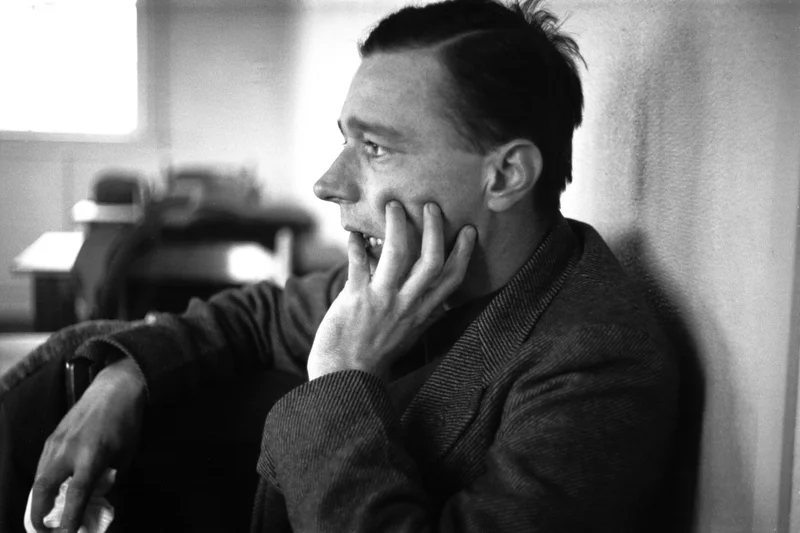
American photographer Walker Evans was born, later becoming one of the most influential documentary photographers of the 20th century. His keen eye for social realism would capture America’s Great Depression era.
Evans’ work for the Farm Security Administration created iconic images of rural poverty. His photographs would become defining visual documents of American social history.
1933 – Amartya Sen Born
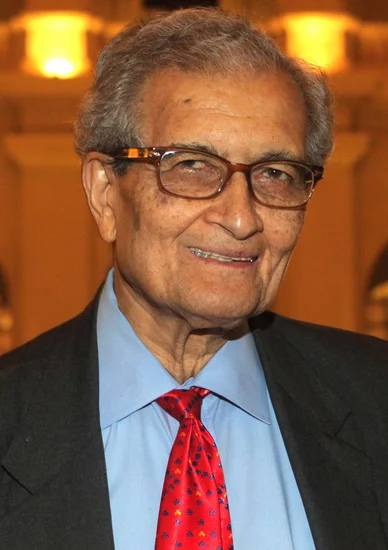
Indian economist and philosopher Amartya Sen was born, later winning the Nobel Prize in Economic Sciences for his work on welfare economics. His childhood experiences during the Bengal famine influenced his later research.
Sen’s groundbreaking work on development economics would reshape understanding of poverty and human welfare. His theories would influence international development policies for decades.
1954 – Adam Ant Born
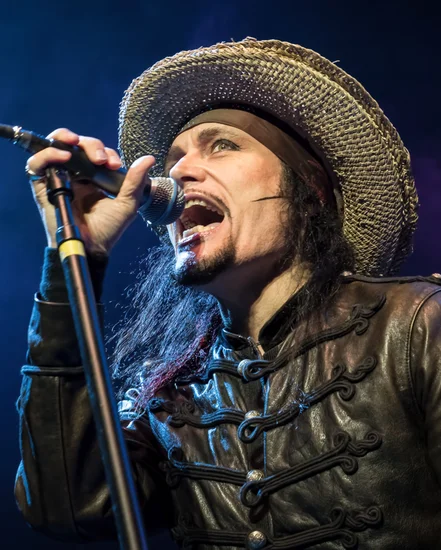
English musician Adam Ant was born, later becoming a defining figure of the New Romantic movement in popular music. His theatrical style and innovative sound would influence 1980s pop culture.
Ant’s flamboyant performances and distinctive visual style made him an international sensation. His music videos would help establish MTV as a cultural force.
1933 – Michael Dukakis Born
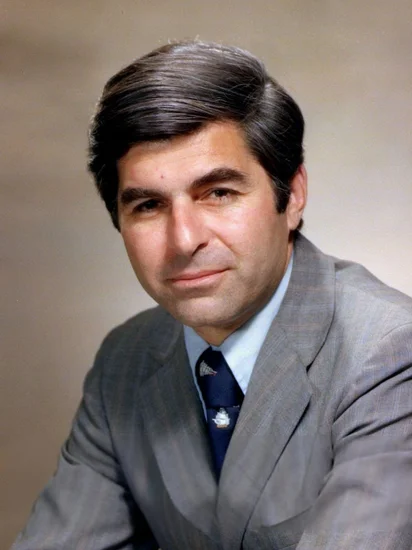
American politician Michael Dukakis was born, later serving as Governor of Massachusetts and the 1988 Democratic presidential nominee. His early interest in public service shaped his political career.
Dukakis would implement significant reforms in Massachusetts before seeking the presidency. His 1988 campaign would be remembered for both policy innovations and tactical mistakes.
1952 – Roseanne Barr Born

American comedian and actress Roseanne Barr was born, later becoming a groundbreaking figure in television comedy. Her working-class background would inform her revolutionary approach to humor.
Barr’s sitcom “Roseanne” would challenge television’s portrayal of American families. Her comedy would give voice to blue-collar experiences rarely seen on prime-time television.
1949 – Larry Holmes Born
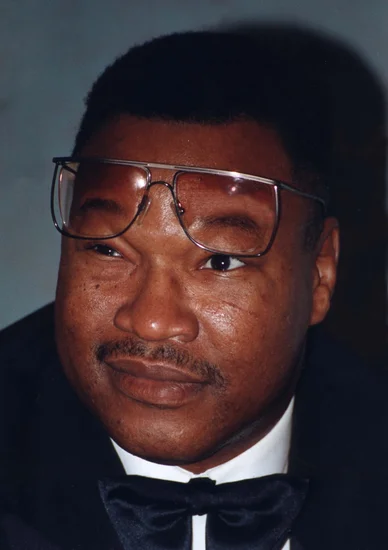
American boxer Larry Holmes was born, later becoming one of the greatest heavyweight champions in boxing history. His childhood in Pennsylvania’s coal country developed his legendary work ethic.
Holmes would defend his heavyweight title twenty times during his remarkable career. His technical skills and durability would earn him recognition as one of boxing’s greatest champions.
Notable Deaths on November 3
1954 – Henri Matisse Dies

French painter Henri Matisse passed away, ending one of the most revolutionary careers in modern art history. His innovative use of color and form had transformed 20th-century painting.
Matisse’s Fauve period had shocked the art world with its bold, expressive colors. His later paper cutouts would influence generations of artists and designers.
1926 – Annie Oakley Dies

American sharpshooter Annie Oakley died, concluding a legendary career that had made her one of the most famous entertainers of her era. Her marksmanship skills had amazed audiences worldwide.
Oakley’s performances with Buffalo Bill’s Wild West Show had made her an international celebrity. Her life story would inspire countless books, films, and theatrical productions.
1957 – Wilhelm Reich Dies
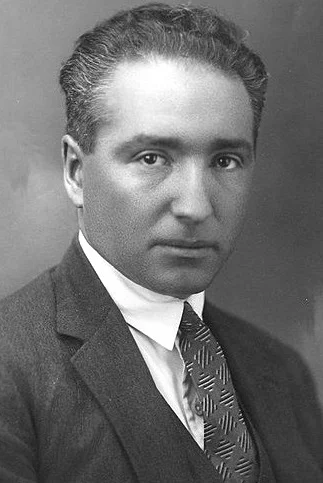
Austrian-American psychoanalyst Wilhelm Reich died in prison, ending a controversial career that had challenged conventional thinking about psychology and sexuality. His theories had sparked intense debate.
Reich’s work on character analysis and body-oriented psychotherapy would influence alternative healing practices. His later research into “orgone energy” had led to legal troubles with federal authorities.
1998 – Bob Kane Dies

American cartoonist Bob Kane passed away, leaving behind the legacy of co-creating Batman, one of the most iconic characters in popular culture. His artistic vision had shaped the superhero genre.
Kane’s creation of Batman in 1939 had revolutionized comic book storytelling. The character would become a multimedia phenomenon spanning comics, television, and films.
1983 – Alfredo Antonini Dies
Italian-American conductor Alfredo Antonini died, concluding a distinguished career that had brought classical music to American radio audiences. His broadcasts had made classical music accessible to millions.
Antonini’s work with CBS Radio had introduced countless Americans to symphonic music. His educational approach had helped build appreciation for classical music across social classes.
1975 – Tajuddin Ahmad Dies
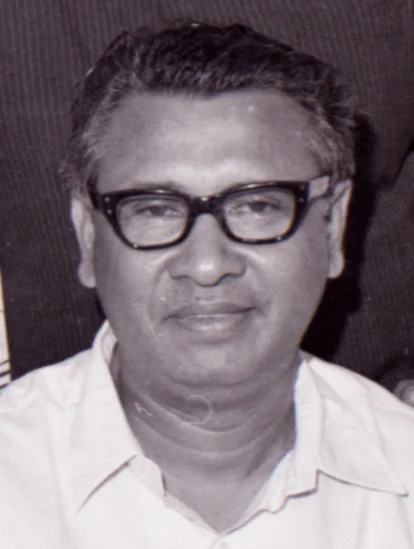
Bangladeshi politician Tajuddin Ahmad was killed, ending the life of Bangladesh’s first Prime Minister and a key figure in the country’s independence movement. His death occurred during political upheaval.
Ahmad had played a crucial role in organizing Bangladesh’s liberation war against Pakistan. His assassination reflected the political instability that plagued the young nation.
Holidays and Observances on November 3
Culture Day in Japan
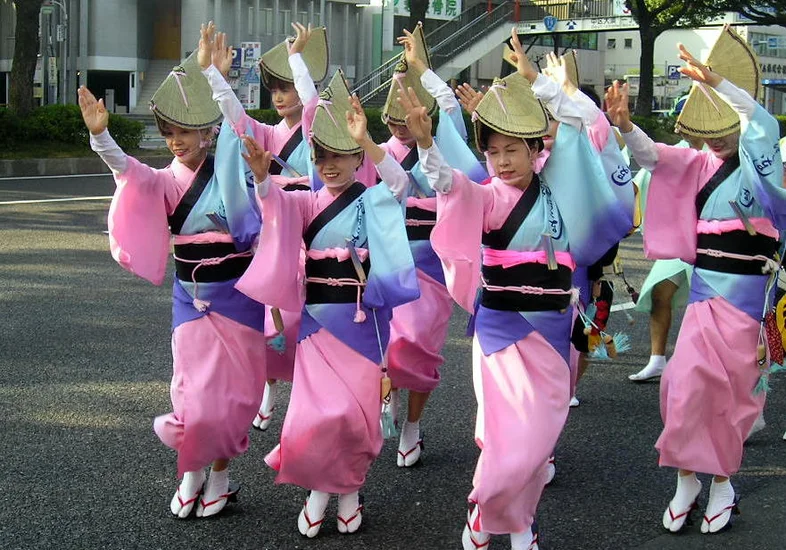
Japan celebrates Culture Day, a national holiday dedicated to promoting culture, arts, and academic endeavors. The day encourages citizens to appreciate cultural achievements and educational excellence.
Schools and cultural institutions across Japan hold special events and ceremonies. The holiday reflects Japan’s commitment to preserving traditional culture while embracing modern innovations.
Independence Day in Panama
Panama celebrates its Independence Day, commemorating the 1903 separation from Colombia that led to the nation’s sovereignty. The celebration honors the courage of independence leaders and American support.
Panamanian communities worldwide observe the holiday with parades, cultural events, and patriotic displays. The day celebrates both independence and the remarkable achievement of the Panama Canal.
Flag Day in United Arab Emirates

The United Arab Emirates observes Flag Day, celebrating national unity and the symbols of Emirati identity. Citizens display the national flag and participate in patriotic ceremonies.
The holiday reinforces the bonds between the seven emirates that form the federation. Government buildings, schools, and businesses participate in synchronized flag-raising ceremonies.
Independence Day in Dominica
Dominica celebrates its independence from the United Kingdom, achieved in 1978 after centuries of colonial rule. The Caribbean nation marks the day with cultural performances and national pride.
Dominican communities celebrate with traditional music, dance, and local cuisine. The holiday emphasizes the island’s unique cultural heritage and natural beauty.
